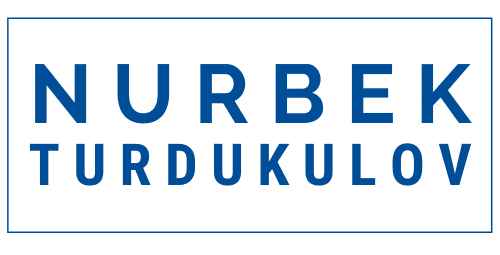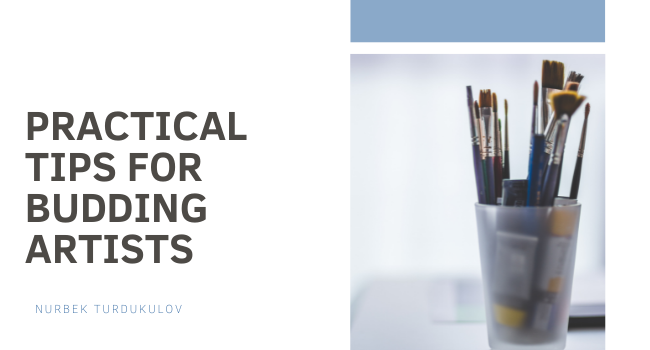From fashion designers to graphic artists; to performers to painters, photographers, and writers; millions of young, aspiring artists hope to one day become professional artists. The road to being a professional artist can be a long and sometimes painful one, however, so here are three tips to help budding artists start on their journey to turning their passion into profit.
1. Don’t quit your day job
Most artists will spend years laboring away in obscurity, honing their craft before they get their “big break.” Almost everyone will have an opportunity to go pro at some point, but whether you are able to make the most of that opportunity will depend largely on how much work you put in to get there. Until that time comes, you will need a way to support yourself. It might be waiting tables, drawing caricatures on the beach, or even being as a doctor or lawyer, but you’ll need to do something to earn an income while you are mastering your art.
2. Practice, practice, practice
Malcolm Gladwell proposed that it takes roughly 10,000 hours of practice to master a skill. Regardless of whether that specific number is accurate or not, there is no doubt that it will take years of dedicated practice to master your craft. Most master painters are well known for only a handful of works. Before they created those works, however, they generally produced hundreds and hundreds of doodles, sketches, drawings, and pedestrian works to reach the point of being able to create masterpieces.
3. Challenge yourself and round out your skillset
Almost everyone will be naturally good at something, and it is very easy to stick with what we are good at. If you want to be great at something, however, you will have to learn to develop a wide range of skills and always be expanding your horizons. Today, most professional pop stars have to know how to sing and dance and act. Many fine artists need to learn about photography, and many photographers learn videography to round out their portfolios. Very few successful people are only good at one thing, so always look for the next thing you want to learn about.

